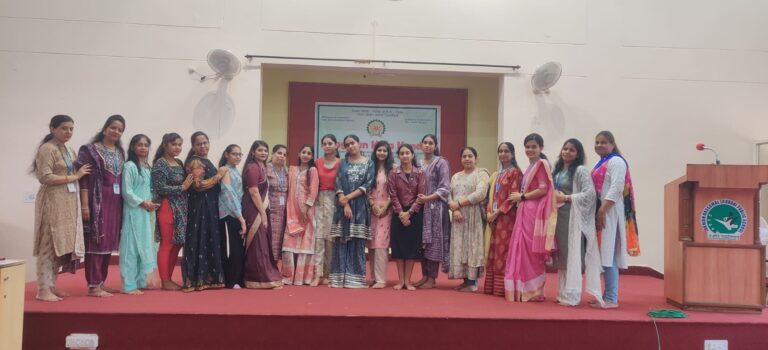Learning is a lifelong journey, not confined to the boundaries of age or traditional classrooms. In a world where change is the only constant, the ability to adapt, grow, and acquire new knowledge has become more vital than ever. Whether you’re a teenager exploring your passions, a middle-aged professional considering a career shift, or a senior seeking intellectual stimulation, the opportunity to learn is always within reach.
The Myth of “Too Late”
One of the most pervasive myths about learning is the idea that there is an ideal age for acquiring new skills or knowledge. This misconception often discourages individuals from pursuing their goals later in life. However, neuroscience has shown that the human brain retains its plasticity—the ability to reorganize and adapt—throughout our lives. This means that no matter your age, you can still absorb information, master new skills, and expand your horizons.
Benefits of Lifelong Learning
- Enhanced Cognitive Health: Studies reveal that continuous learning keeps the brain active and may reduce the risk of cognitive decline. Activities like learning a new language or playing a musical instrument can sharpen memory and improve problem-solving skills.
- Personal Fulfillment: Acquiring knowledge fosters a sense of accomplishment. It boosts confidence and provides a sense of purpose, enriching your quality of life.
- Career Advancement: In today’s dynamic job market, staying updated with current trends and skills is crucial. Lifelong learning can open doors to new opportunities and make you more adaptable to changes in your career.
- Stronger Social Connections: Learning often involves engaging with others, whether in a classroom, online course, or community group. These interactions can lead to meaningful relationships and a broader social network.
How to Start Learning at Any Age
- Identify Your Interests: Begin by exploring areas that excite you. Whether it’s cooking, coding, gardening, or photography, pursuing a passion makes learning enjoyable.
- Set Realistic Goals: Break your learning journey into manageable steps. Setting clear and achievable objectives helps maintain motivation and track progress.
- Leverage Technology: The internet is a treasure trove of resources. Platforms like Coursera, Udemy, and Khan Academy offer courses on virtually every topic. Additionally, apps like Duolingo and Babbel make language learning fun and interactive.
- Join Communities: Local libraries, community centers, and social media groups often host workshops and meetups. Joining these can enhance your learning experience and provide support.
- Stay Consistent: Consistency is key. Allocate time for learning daily or weekly, and treat it as an essential part of your routine.
Inspiring Stories of Lifelong Learners
- Mary Hobson: At the age of 56, Mary learned Russian and went on to earn a degree in Russian literature. She later became a translator and won several awards for her work.
- Yuichiro Miura: Yuichiro, a Japanese alpinist, became the oldest person to climb Mount Everest at 80, proving that age is no barrier to achieving extraordinary goals.
Overcoming Common Barriers
- Time Constraints: Incorporate learning into your daily schedule. Even 15 minutes a day can yield significant results over time.
- Fear of Failure: Embrace mistakes as part of the process. Every error is a step closer to mastery.
- Financial Limitations: Many free resources are available online, including MOOCs (Massive Open Online Courses), tutorials, and eBooks.
Conclusion
Learning at any age is not just possible—it’s transformative. It enriches your mind, expands your opportunities, and brings joy to your life. So, let go of the notion that the window for learning has closed. Instead, take the first step toward a new skill, hobby, or field of knowledge today. Remember, the best time to learn is always now.




